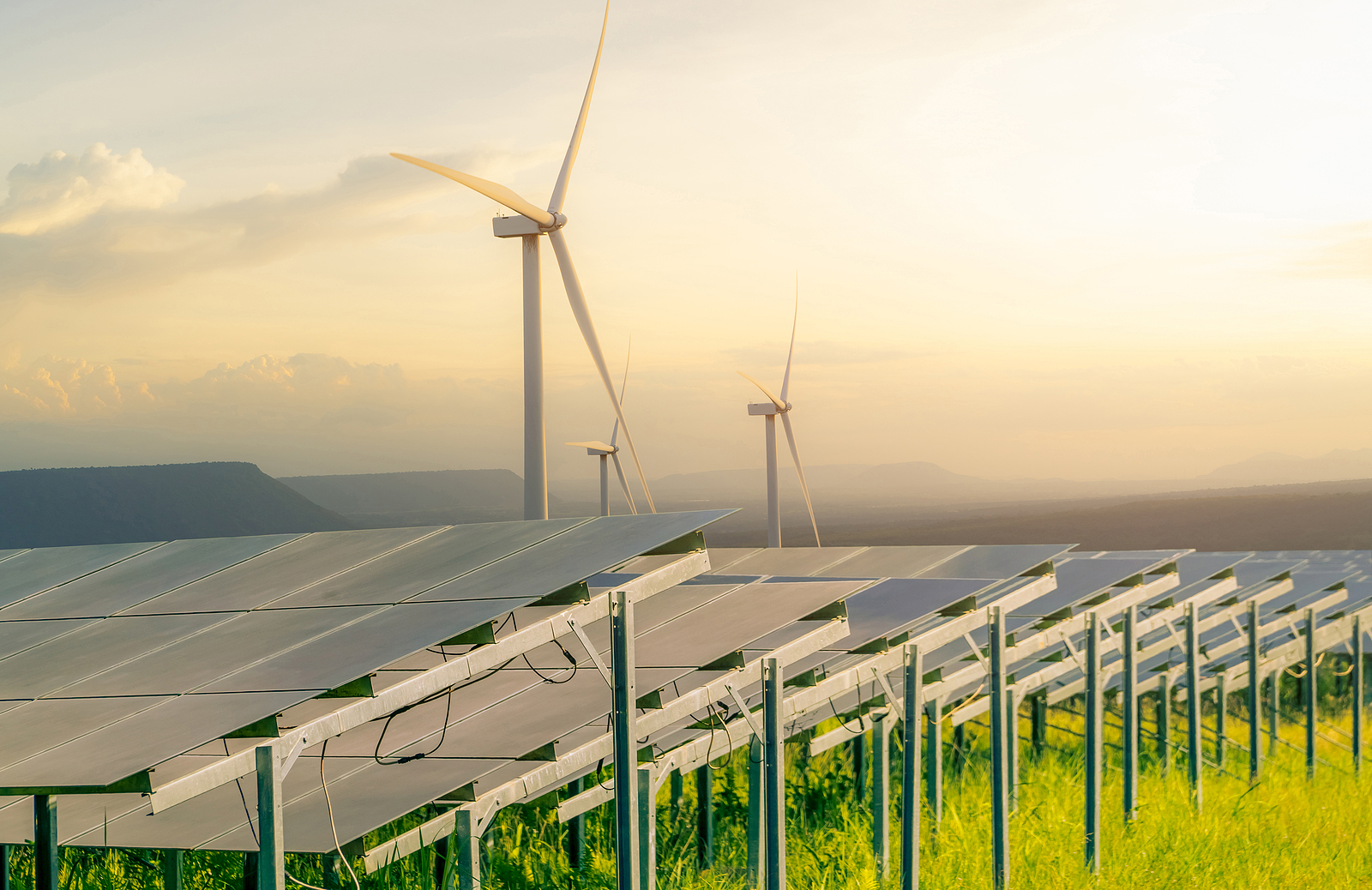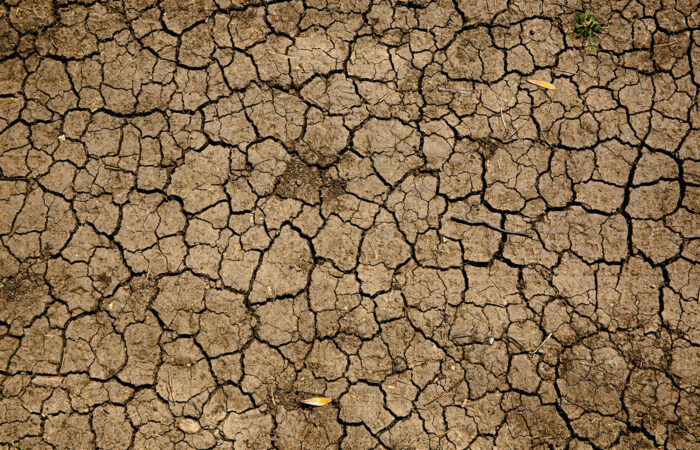Charles Ellinas*
The UN Sustainable Development Solutions Network (SDSN) has just published the 2023 edition of its annual ‘Sustainable Development Report’, and it does not make good reading for Cyprus. One of its lead authors is the highly influential American economist, Professor Jeffrey Sachs, well known to, and a friend of, Cyprus.
The report reviews progress made in 166 countries each year on 17 Sustainable Development Goals (SDGs), since their adoption by the UN in 2015. These include among others: no poverty; good health and well-being; affordable and clean energy; climate action; quality education; industry, innovation, and infrastructure; gender equality; peace, justice, and strong institutions.
At about the midpoint on the way to 2030, this year’s edition takes stock of progress so far and discusses priorities to restore and accelerate SDG progress. The worrying news is that all of the SDGs are seriously off track, with no single SDG currently projected to be met by 2030. But that does not excuse Cyprus’ sorry performance.
Addressing the disappointing results, UN Secretary-General António Guterres urged world leaders to come together at the 2023 SDG Summit in September to deliver a “Rescue Plan for People and Planet.”
SDSN said “We are facing a long-term set of challenges, resolving them must be the global priority for a generation to come” and recommended that all countries must take measures to transform sustainable development and accelerate progress over the remaining seven years to 2030.
Cyprus’ performance
Cyprus’ performance has been on an abysmally downward spiral. In 2020 the country was ranked 34th. It slipped to 40th position in 2021, 43rd in 2022, and now drastically down to 59th position in 2023. Cyprus is ranked last among the EU countries, doing much worse than the next under-performer, Bulgaria in 44th position. In a stark contrast, Greece has been achieving continuous improvement, from 43rd position in 2020 – 6 places down from Cyprus – to 28th in 2023, way better than Cyprus.
The SDGs where Cyprus’ performance deteriorated significantly are ‘Climate action’ and ‘Peace, justice, and strong institutions’, particularly in terms of Corruption. The one SDG where Cyprus is considered to have improved is in ‘Reduced inequalities.’
One could say that being ranked 59th out of 166 countries is not disastrous. However, being last among European countries and dropping by 16 positions can only be seen as disastrous.
These results are even more worrying when combined with the news that Cyprus dropped in competitiveness rankings of the IMD World Competitiveness Centre for the third year running. It dropped five positions, from the 40th position to 45th among 64 evaluated countries. The areas where performance has been declining are economic performance, government efficiency, business efficiency, and infrastructure.
Competitiveness and sustainable development are areas where Cyprus should have been excelling, especially within Europe, not languishing at the bottom in comparison to its peers.
Most recently, the President presented the government’s achievements during the first 100 days of his presidency, concluding “All good, we are moving forward.” In February, in his departing speech former President Anastasiades said he felt extremely proud of what his government achieved.
Everything is always good, with successive governments extolling their achievements, but steadfastly avoiding any acknowledgement of any shortcomings. But sadly, when assessed independently and impartially by its peers, Cyprus is found wanting. As the results of these assessments show, instead of moving forward in global rankings, especially in areas that matter greatly to Cyprus’ future, the country is on an inexorable spiral downwards.
We must progress from delusive rhetoric into reality and actions. But we must first recognize our serious shortcomings and then address them effectively if the country is to reverse this decline and move forward. We have the human capital and potential, the resources, and the ability to do it. Cypriots are by nature entrepreneurial and given half a chance much can be achieved.
*Charles Ellinas is Senior Fellow at the Global Energy Centre of the Atlantic Council.




